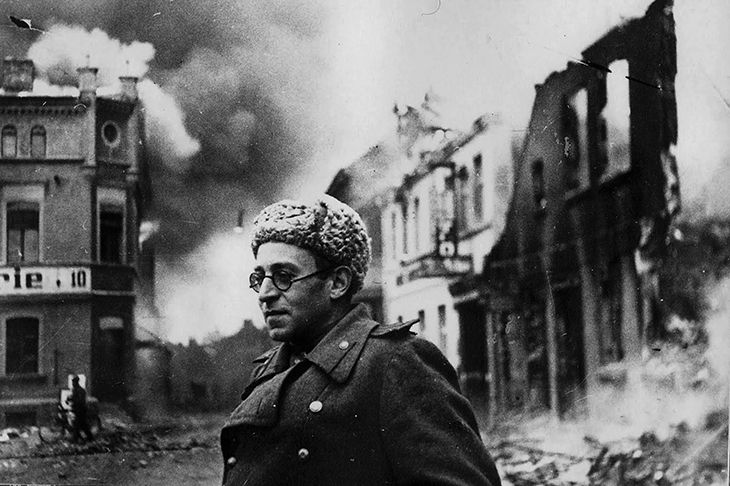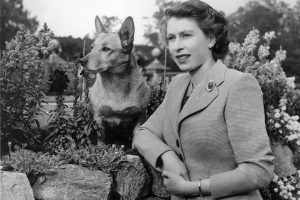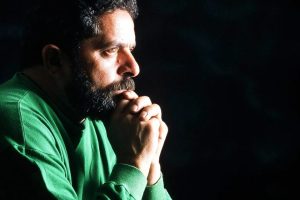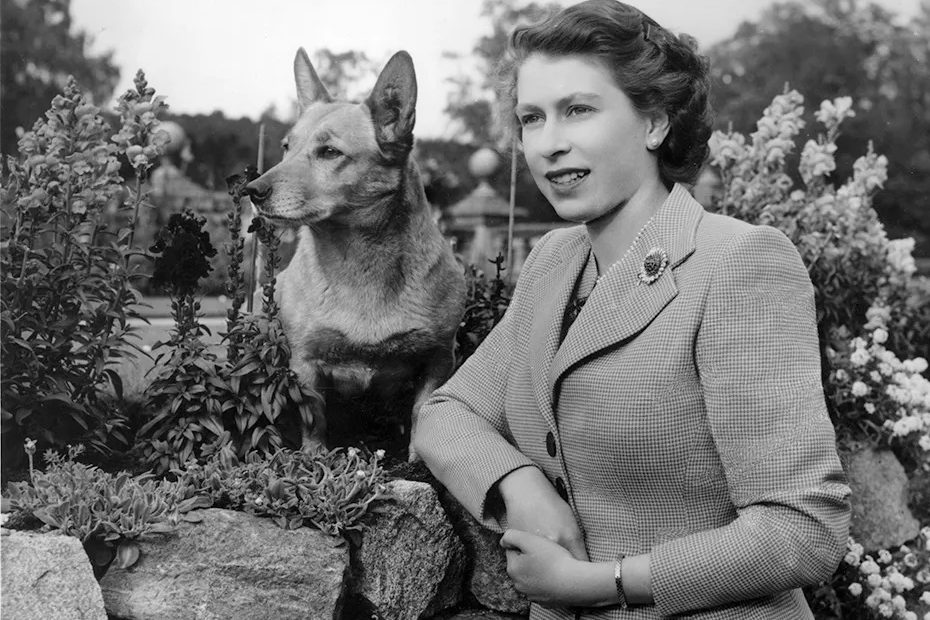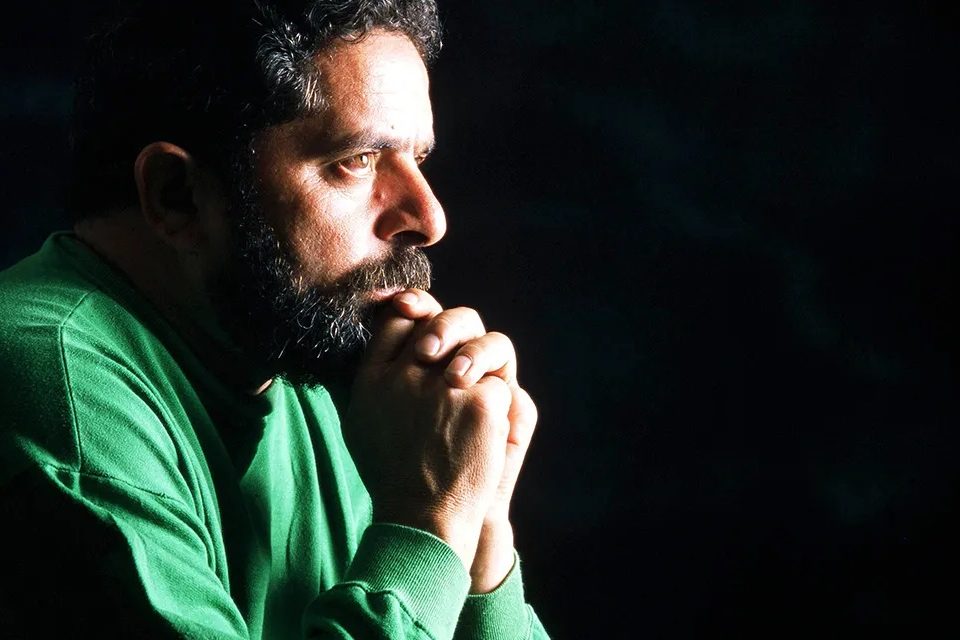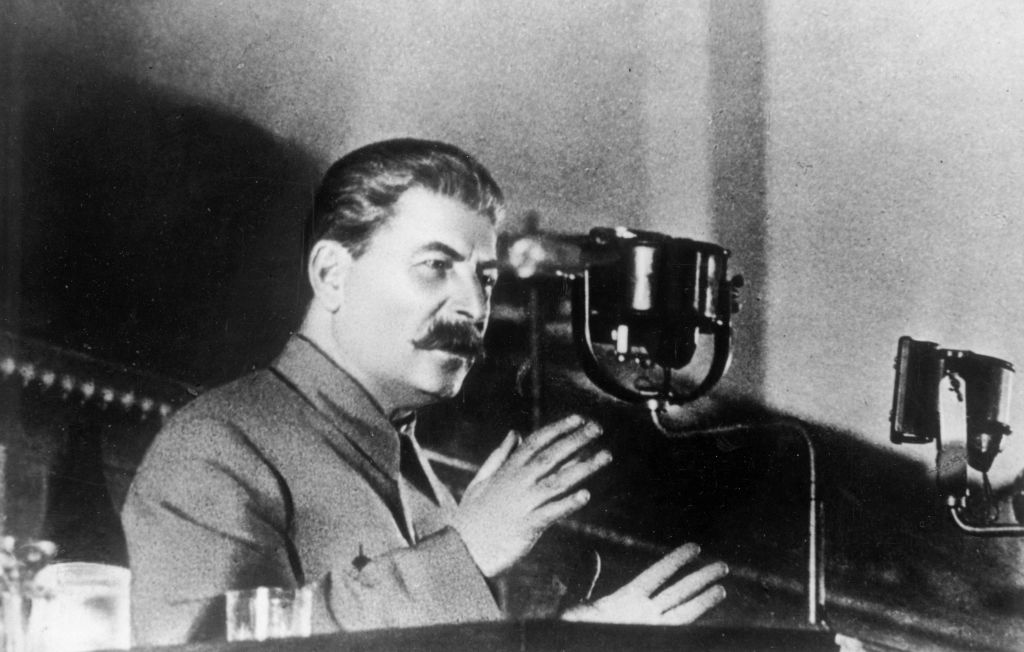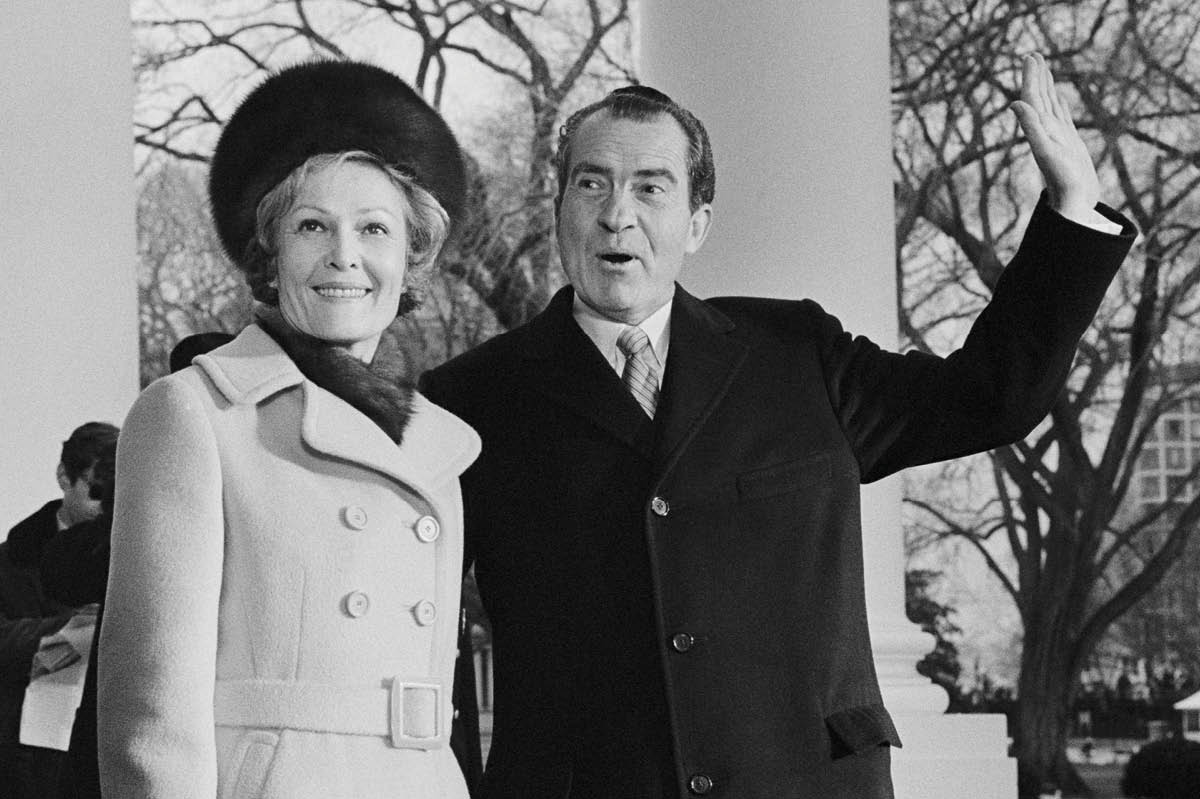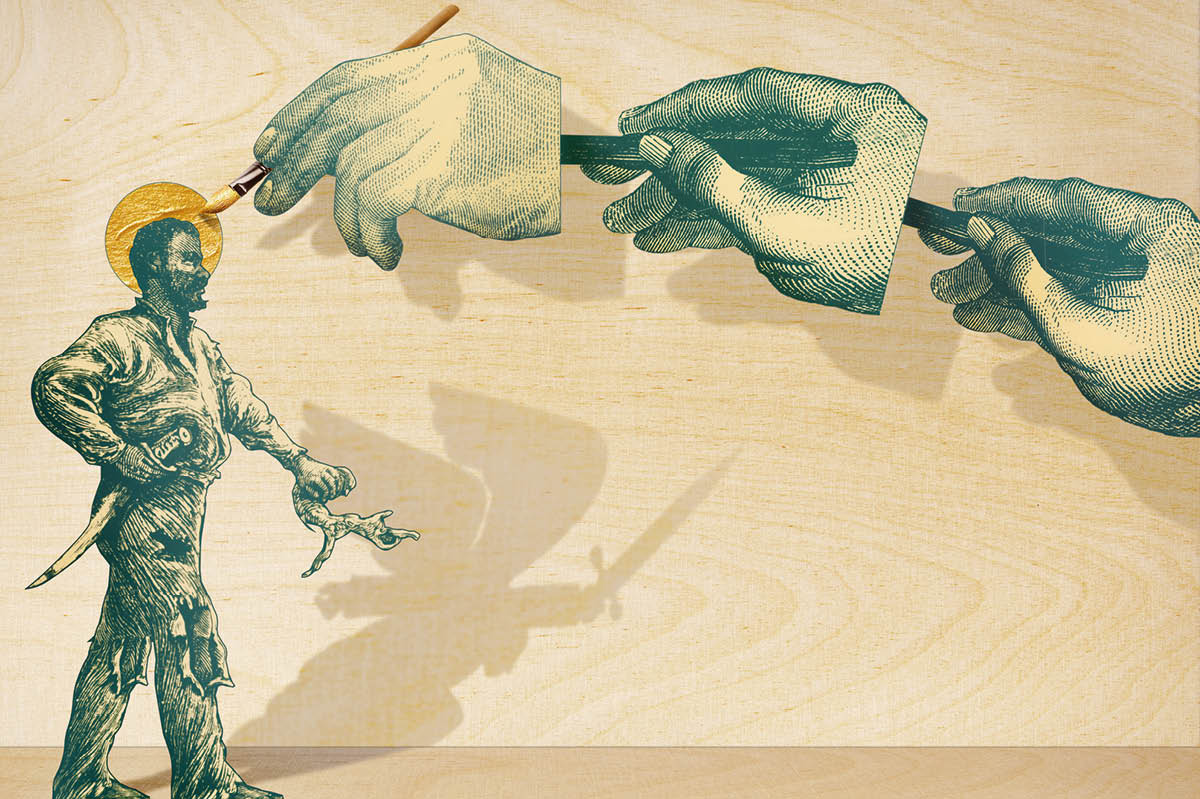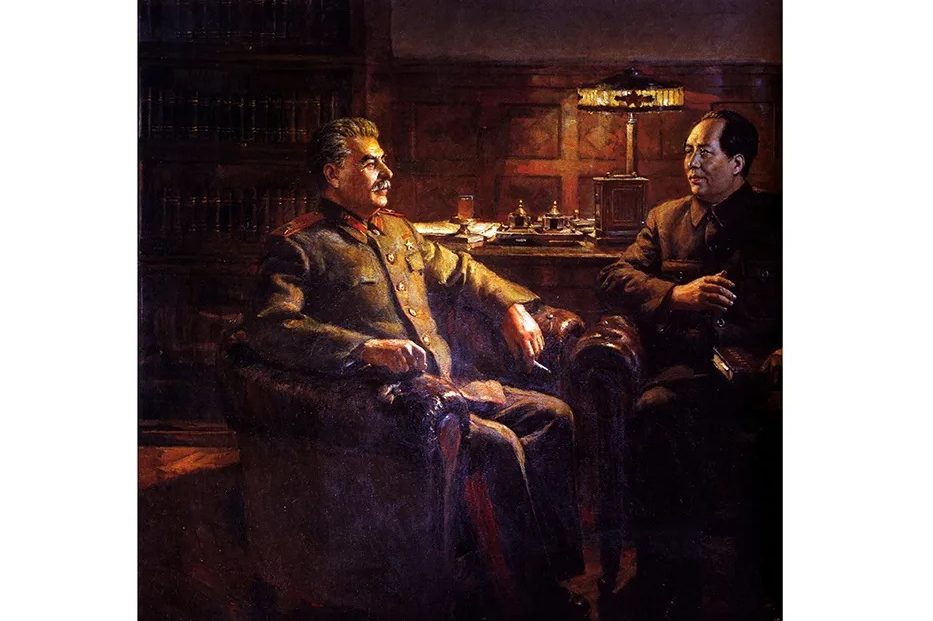Vasily Grossman’s novel Life and Fate (completed in 1960) has been hailed as a 20th-century War and Peace. It has been translated into most European languages and also into Chinese, Japanese, Korean, Turkish and Vietnamese. There have been stage productions, TV series and an eight-hour radio dramatization. And Grossman himself — like Leo Tolstoy, Osip Mandelstam, Alexander Solzhenitsyn and several other Russian poets and novelists — is now venerated not only as a writer but also as a moral exemplar.
His life story is indeed remarkable. He bore witness, with clarity and balance, to many of the most terrible events of the last century: the terror famine in Ukraine, Stalin’s purges of 1936–37, the battle of Stalingrad, the fall of Berlin, and the Shoah on both Soviet and Polish soil. Throughout his life, he showed ever greater courage in his determination to write truthfully. And he went on writing better and better almost up to his death, aged 59, in 1964. The still-undervalued short stories he produced in his last years are among his masterpieces.
Alexandra Popoff begins by outlining the various influences on the young Grossman: his mother’s love of Russian and French literature; his father’s liberal socialism; the emotional generosity of the uncle and aunt with whom Grossman and his mother lived throughout much of his childhood. Sensibly, Popoff devotes almost half the book to the social and political background. Stalin’s Soviet Union is an alien world; every aspect of Soviet life — housing, food provision, employment conditions — can seem bewildering. And few sources of information — diaries, letters, even NKVD records — are reliable. To understand Grossman, we need to know as much as possible about the world he lived in.
Popoff’s summary of Grossman’s life in the 1930s is striking. He spent long enough in Ukraine in 1932–33 to sense at least some of the horror of the terror famine. His cousin Nadya, who helped him publish his first pieces of journalism, was exiled because of her Trotskyist ties. His doctor uncle was shot and his father lived in constant fear of arrest. The three writers who helped and befriended him at the beginning of his literary career were also all shot. His second wife, Olga Mikhailovna, was imprisoned for several months in 1938. Grossman did not suddenly turn ‘dissident’ in the 1950s; he was always well aware of the nature of Stalin’s regime.
Most Soviet citizens — writers not least — ‘edited’ their life stories, deleting bourgeois relatives and painting themselves as pure members of the proletariat. In the 1960s and 1970s, the dissident intelligentsia created their own counter-myths. Much of what we think we know about Grossman derives from a single memoir, by his friend Semyon Lipkin. Lipkin is a good writer and he tells an engaging story. Nearly everyone — including myself and Grossman’s previous biographers, John and Carol Garrard — has relied on him unquestioningly.
During the last few years, however, the Moscow-based scholars David Feldman and Yury Bit-Yunan have established that we were wrong to do so. Lipkin was a myth-maker (albeit a well-meaning one) and he evidently set out to make Grossman appear still more of a heroic martyr than he was in reality. By Soviet standards, Grossman was wealthy during his last decade, but Lipkin has him living in dire poverty — as befits a noble dissident.
Lipkin also exaggerates how much Grossman was praised by now admired writers such as Babel and Bulgakov, and downplays the help he accepted from the deeply compromised Maxim Gorky. He claims that Stalin twice personally intervened to veto the award of a Stalin prize to Grossman and that he damned his Stepan Kolchugin as ‘a Menshevik novel’. He is responsible for the story — repeated in almost every article about Life and Fate — that the Kremlin ideologue Mikhail Suslov told Grossman that there could be no question of the novel being published for another 200 years.
When asked to review a draft of this book, I strongly recommended publication. I did, however, criticize Popoff’s excessive reliance on Lipkin. Since then, she has made many changes, but there are still instances when she has stayed faithful to what is sometimes called ‘intelligentsia folklore’. For example, she repeats the ‘Not for another 200 years’ story, even though this goes unmentioned both in Grossman’s long account of his interview with Suslov and in Suslov’s now published preparatory notes.
Sacrificing a beautiful myth can be difficult. I recently heard a talk by Elizabeth Wilson (a scrupulous scholar) about Maria Yudina, a legendary and fearlessly outspoken Soviet pianist admired by Stalin. When Stalin thanked Yudina for her performance of Mozart, she is reputed to have told him that she would pray for his soul. When Wilson said that there is no evidence for this wonderful story and that it was probably Shostakovich’s invention, I almost wished I hadn’t heard. I wonder if Popoff may have been swayed by similar feelings while working on this biography.
All in all, this is a clear, well-structured guide to the world Grossman lived in — though it is marred by a certain reluctance to challenge conventional views.
This article was originally published in The Spectator magazine.



